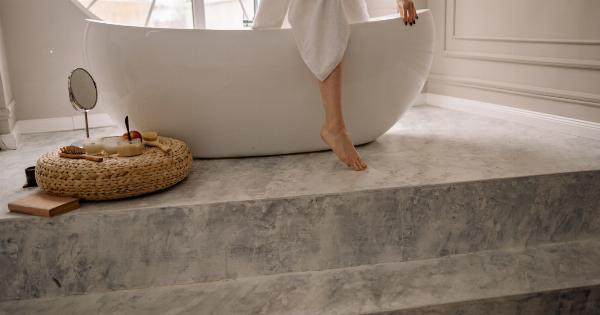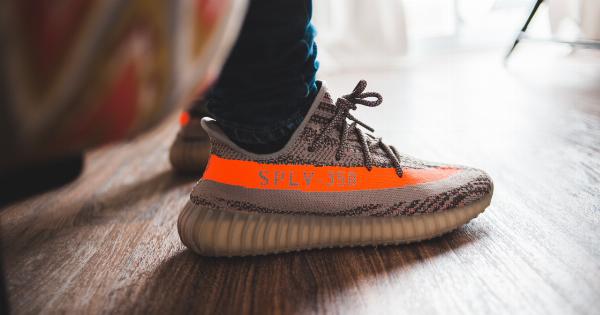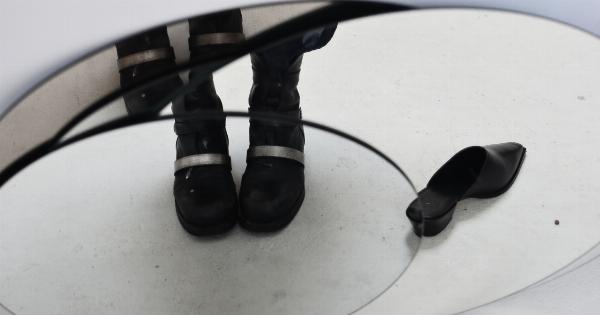Cramping on the sole of the foot can be an extremely uncomfortable experience that can disrupt day-to-day activities.
This article will explore the causes of foot cramps and provide effective methods for both preventing and treating this common condition.
Causes of Foot Cramping
Foot cramps can occur due to various reasons, including:.
1. Dehydration
Dehydration can lead to imbalances in electrolytes, causing muscle cramps. It is vital to consume an adequate amount of water to prevent dehydration and cramping on the sole.
2. Mineral Deficiencies
A lack of essential minerals such as potassium, calcium, and magnesium can contribute to muscle cramps. Incorporating foods rich in these minerals into your diet can help prevent foot cramps.
3. Overuse or Strain
Excessive physical activity, prolonged standing, or overuse of the foot muscles can lead to cramping. Taking regular breaks and practicing gentle stretches can alleviate strain on the sole of the foot.
4. Lack of Stretching
Failing to stretch the muscles in your feet regularly can increase the likelihood of experiencing cramps. Incorporating stretching exercises into your daily routine can help prevent foot cramps.
Preventing Foot Cramps
To prevent foot cramps, you can follow these effective methods:.
1. Stay Hydrated
Drink an adequate amount of water throughout the day to prevent dehydration and maintain proper electrolyte balance.
2. Maintain a Healthy Diet
Incorporate foods rich in potassium, magnesium, and calcium into your diet. Examples include bananas, leafy greens, nuts, and dairy products.
3. Warm-Up and Stretch
Prior to engaging in physical activity or standing for prolonged periods, perform warm-up exercises and stretches specifically targeting the muscles in your feet.
4. Supportive Footwear
Wearing supportive and well-fitted shoes can reduce strain on the muscles and ligaments in your feet, decreasing the likelihood of cramping.
Treating Foot Cramps
If you experience foot cramps, there are several methods you can try to alleviate the discomfort:.
1. Massage
Gently massage the affected area to help relax the cramped muscles. Apply pressure to the sole of your foot using your hands or a massage ball.
2. Stretching
Perform stretching exercises targeting the sole of your foot. This can help relieve tension and alleviate the cramp.
3. Apply Heat or Cold
Applying a warm or cold compress to the cramping area can provide relief. Experiment with both methods to determine which works best for you.
4. Rest and Elevate
Allowing your foot to rest and elevating it can help reduce swelling and relieve cramping. Prop your foot up on a pillow to elevate it above heart level.
Conclusion
Preventing and treating cramping on the sole requires a combination of good hydration, proper nutrition, regular stretching, and appropriate footwear.
By implementing these strategies, you can significantly reduce the occurrence of foot cramps and enjoy a more comfortable daily life.






























